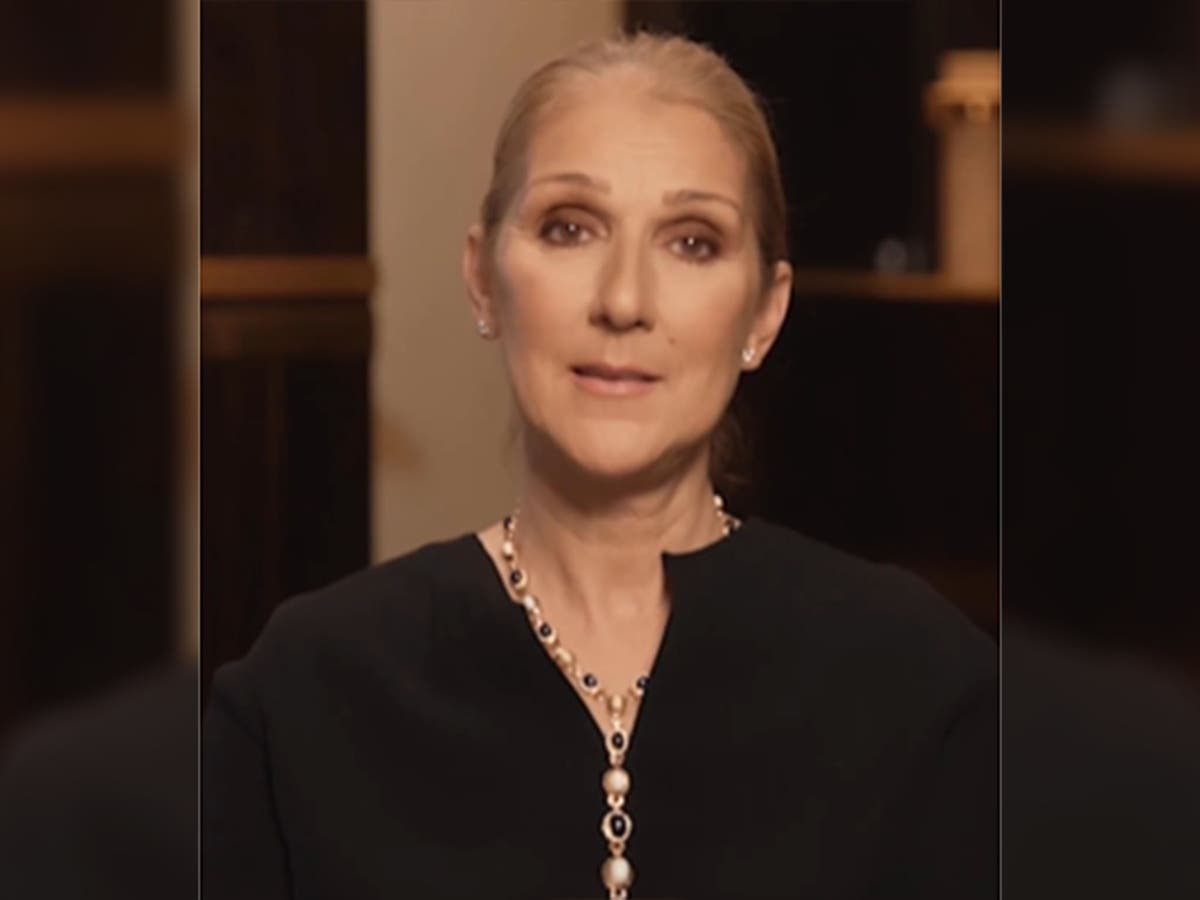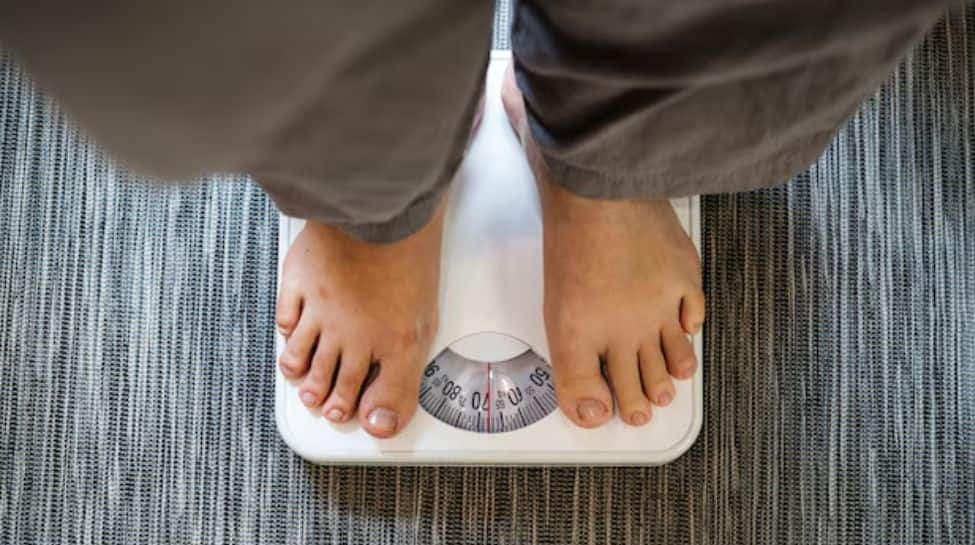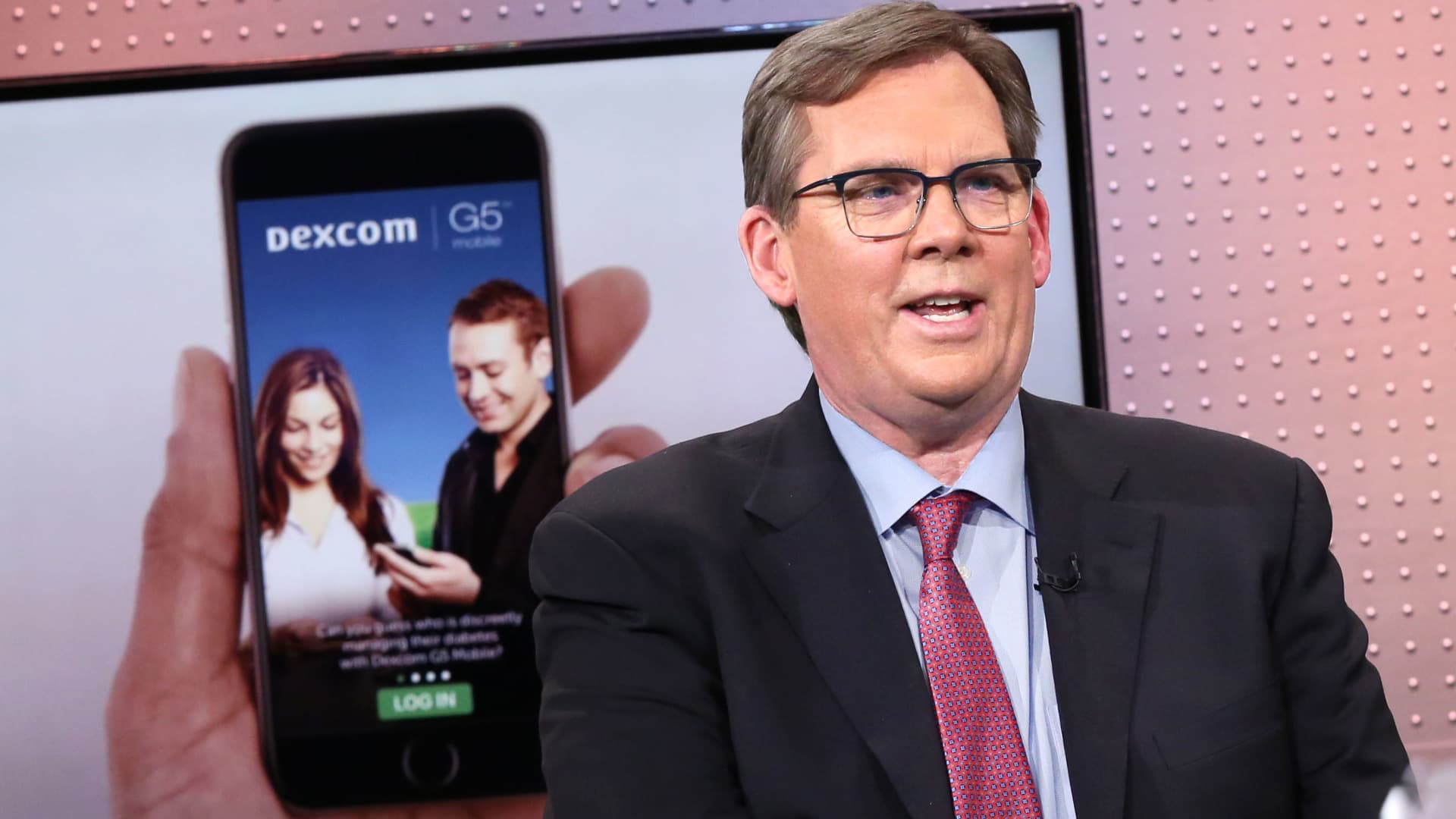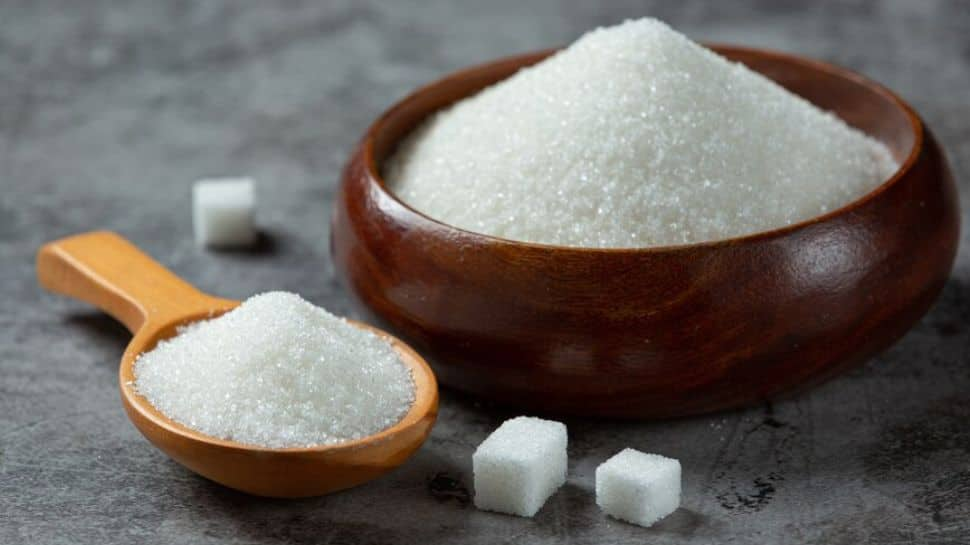If you are looking to lose weight or generally embark upon a fitness journey, the first thing people target is sugar. And rightly so as sugar is loaded with empty calories that lead to weight gain, increase the risk of diabetes, and affect heart health, apart from causing several other health complications. But to add that dash of sweetness to your beverages and desserts, often people resort to artificial sugar. While artificial sugar brands can claim to be low-calorie or even zero-calorie sweeteners, the World Health Organization advocates against the use of non-sugar sweeteners (NSS) to control body weight or reduce the risk of noncommunicable diseases (NCDs).
Why WHO Recommends Against Use Of Non-Sugar Sweeteners
The recommendation of the World Health Organization is based on the findings of a systematic review of the available evidence which suggests that the use of NSS does not confer any long-term benefit in reducing body fat in adults or children. “Results of the review also suggest that there may be potential undesirable effects from long-term use of NSS, such as an increased risk of type 2 diabetes, cardiovascular diseases, and mortality in adults,” the WHO website mentions.
Sugar Substitutes: How They Negatively Impact Health
Talking about the negative impact of artificial sugar, Dr Neeti Sharma, Senior Consultant – Nutrition & Dietetics at Marengo Asia Hospitals, Gurugram, explains, “There are several reasons why sugar substitutes may be detrimental to your health. First off, despite their advertised functioning, some artificial sweeteners may negatively impact metabolism and cause weight gain rather than decrease when consumed in significant amounts. Furthermore, there is evidence linking specific sugar alternatives to adverse health consequences, including increased vulnerability to type 2 diabetes, cardiovascular ailments, and metabolic imbalances. Furthermore, consuming certain sugar alternatives in excess might disturb the gut microbiota’s equilibrium and cause digestive problems.”
“Fake sugars” have several negative health effects. Dr Sharma says, “Studies have shown that certain artificial sweeteners, such as aspartame, saccharin, and sucralose, may cause allergic reactions, migraines, and possibly cancer. Furthermore, ingesting sugar replacements might increase the need for sweets, which can result in overindulging or an unbalanced diet. Other people may also feel nauseous or have laxative effects from other sugar alcohols, like sorbitol and xylitol, which are used as sugar replacements.”
7 Steps To Avoid Sugar
Here’s how you can avoid sugar in your food, according to Dr Sharma:
– To find hidden sugars and sugar alternatives in processed foods, carefully read food labels.
– When feasible, choose whole, unprocessed foods because they are less likely to include artificial sweeteners or added sugars.
– Use natural sweeteners like stevia, honey, or maple syrup sparingly, but monitor how much you consume overall.
– Drinks such as water, herbal tea, or black coffee are better choices than sugar-filled beverages or sodas with artificial sweeteners.
– Prepare meals at home with fresh ingredients to better manage your diet’s sugar intake.
– Eat foods that naturally contain sugar in moderation, such as fruits, and be aware of portion amounts.
– Reduce your sugar consumption gradually so that your taste buds can eventually become accustomed to reduced sweetness.















































